5 Symptoms of Polycystic Ovary Syndrome That Every Woman Should Know About
Are you dealing with irregular periods, unexplained weight gain, or persistent skin issues and wondering if there might be an underlying cause? These could be the signs of Polycystic ovary syndrome, a hormonal condition that affects millions of women of childbearing age. Characterised by hormonal imbalance, PCOS causes often involve elevated male hormone levels and insulin resistance, leading to a number of polycystic ovary syndrome symptoms.
While the name suggests cysts on the ovaries, which are typically harmless, PCOS can have serious long-term health implications if left unmanaged, including infertility, increased risk of uterine cancer, type 2 diabetes, and heart disease.
The good news? Early detection and proper polycystic ovary syndrome treatment can make a significant difference. Countries like India are increasingly recognised for offering affordable and the best quality patient-centric PCOS treatment. India is often seen as a more accessible alternative compared to some Eastern European countries, such as Russia, Armenia, Azerbaijan, Belarus, and Estonia.
In this blog, we’ll break down the 5 polycystic ovary syndrome symptoms that every woman should know about because understanding your body is the first step toward taking control of your health.
What are Some Common Polycystic Ovary Syndrome Symptoms in Women?
Many women live with polycystic ovarian syndrome without even realising it. Because its symptoms can vary and often mimic other conditions, let’s find out what are the symptoms of polycystic ovary syndrome to look out for. Early polycystic ovary syndrome diagnosis can manage these symptoms and reduce the risk of long-term health issues. Here are some of the most common signs of PCOS that women should be aware of:
- If you're still battling acne well into adulthood, it could be more than just a skincare problem. Hormonal imbalances, particularly elevated androgens, can cause persistent breakouts, especially along the jawline and chin.
- While not all women with PCOS develop visible cysts, many do. These fluid-filled sacs in the ovaries are generally harmless but can interfere with ovulation and make it difficult to conceive.
- One of the most noticeable signs of PCOS is unwanted hair growth in areas where men typically grow hair, such as the face, chest, stomach, back, or thighs. While some hair growth is normal, a sudden increase or thickening of hair in these areas can be a red flag for PCOS.
- Experiencing hair loss or thinning at the crown of your head? These conditions could be a sign of increased androgen levels, which can lead to female-pattern baldness in women, a lesser-known but important polycystic ovary symptom.
- Feeling constantly tired, even after a full night's sleep, can be linked to PCOS. Some women also experience sleep apnoea, a condition where breathing stops and starts during sleep, leading to daytime fatigue and poor concentration.
- Because of the hormonal imbalance, women with polycystic ovary symptoms also have a higher risk for depression, anxiety, and extreme changes in mood.
- PCOS can cause painful periods with heavy bleeding, which is often unpleasant and even scary.
What are the 5 Polycystic Ovary Symptoms Which You Should Not Avoid?
Polycystic Ovary Syndrome is one of the most common hormonal disorders that affect women of reproductive age and yet many go undiagnosed for years. That’s because its symptoms can often be subtle or mistaken for other issues. If you're noticing any of the following polycystic ovary symptoms, you should inform your gynecologist about them. Early diagnosis can make a big difference—not only in symptom relief but also in your long-term health.
1. Irregular Periods:
One of the most common polycystic ovary symptoms is irregular menstruation, where you get your periods infrequently, at irregular intervals and they last longer than a week. You may have PCOS if you:
- Have fewer than nine periods a year
- Go more than 35 days between periods
- Experience unusually heavy or prolonged bleeding
These irregularities are often caused by hormonal imbalances that disrupt the normal ovulation cycle. If your period is unpredictable, infrequent, or abnormally heavy, it could be time to find out whether PCOS is the underlying cause.
2. Extra Hair Growth:
Unwanted hair growth, especially on the face, chest, back, or abdomen, can be an embarrassing but important signal of hormonal imbalance. This condition, known as hirsutism, is caused by elevated levels of androgens. Along with excess body hair, you might also notice:
- Male-pattern baldness
- Acne
- Increased muscle mass
If these symptoms sound familiar, your doctor may recommend hormonal tests and polycystic ovary syndrome treatments that can help restore balance.
3. Excess Weight Gain & Difficulty Losing Weight:
Roughly 80% of women with PCOS are overweight, and about 70% experience insulin resistance, which means the body struggles to convert food into usable energy.
This resistance not only makes it harder to lose weight but also increases the risk of:
- Type 2 diabetes
- High cholesterol
- Heart disease
Although the relationship between PCOS and weight gain isn’t fully understood, managing weight through lifestyle changes and medication can help improve the polycystic ovary symptoms.
4. Problems With Conceiving:
Polycystic ovaries pregnancy is a commonly discussed topic, as PCOS is a leading cause of infertility. The condition often interferes with ovulation because the ovaries form multiple small cysts that contain immature eggs, which don’t fully develop or release. If you experience the following symptoms, it’s important to consult a fertility specialist. Fortunately, many treatment options are available, from medications to assisted reproductive technologies, that can help improve your chances of pregnancy.
- Not able to conceive for over a year
- Other polycystic ovary symptoms
5. Development Of Dark Patches Of Skin:
Noticing dark, velvety patches of skin in areas like your neck, groin, or underarms? These polycystic ovary symptoms, called acanthosis nigricans, are often linked to insulin resistance, which is a common feature of PCOS.
While these patches themselves are harmless, they signal a deeper hormonal issue that shouldn't be ignored.
What are the Options for Polycystic Ovary Syndrome Treatment in India?
PCOS is a common cause of infertility in women; hence, getting effective treatment after diagnosing polycystic ovary symptoms is a must. Since Women with PCOS may have trouble becoming pregnant due to the irregularity or absence of ovulation, the earlier you get evaluated, the better it is for your reproductive health. Let's learn the available polycystic ovary syndrome treatments in India:
■ Hormonal Birth Control:
Hormonal birth control pills are commonly prescribed for managing PCOS symptoms. These pills regulate menstrual cycles, lower androgen levels, and help reduce issues like acne and excessive hair growth. They balance hormonal fluctuations by providing synthetic oestrogen and progesterone. Popular brands in India include Diane-35 and Yasmin. While effective, they may cause side effects such as weight gain, mood changes, and increased risk of blood clots, particularly in women over 35 or smokers. It is important to consult with your gynacologist before starting hormonal birth control.
■ Lifestyle & Dietary Management:
You can manage PCOS to some extent by practicing a healthy lifestyle. A diet low in refined sugars and carbohydrates and high in fibre-rich foods, like vegetables and whole grains, helps regulate blood sugar and hormones. Regular exercise, including aerobic activity and yoga, improves insulin sensitivity and promotes hormonal balance. Maintaining a healthy weight can also help restore menstrual cycles and improve fertility.
■ Alternative & Ayurvedic Treatments:
Ayurvedic treatments for PCOS focus on balancing the body’s natural energies using herbs and detoxification methods. Common herbs like Ashwagandha, Shatavari, and Triphala help regulate hormones and improve menstrual health. Panchakarma detox treatments may also be recommended to cleanse the body. While these remedies are popular in India and offer benefits, it’s important to consult a trained Ayurvedic practitioner for personalised care. These treatments are often used alongside conventional medicine for symptom relief.
Why Get Gynaecology Treatment in India?
There are a number of reasons you should get gynaecology treatments in India. Firstly, India is on the rise for its medical tourism; not only are medical treatments affordable here but they are also of the very best quality, performed by highly experienced specialists at the top accredited hospitals. Same is the case for gynaecological treatments in India. Here is why you should choose India for your gynaecological surgeries:
■ Affordable and High-Quality Treatments:
India offers the best quality gynecology treatments at a fraction of the cost compared to many Western countries. The cost of consultations, diagnostics, surgeries, and treatments also is significantly lower, making it an attractive option for both locals and international patients wanting affordable yet high-quality care.
■ Highly Experienced OB-GYNS:
India is home to highly qualified gynecologists and obstetricians, many of whom have trained internationally and have vast experience in treating a wide range of gynaecological conditions. With CureIndia, you can find the leading specialists who provide advanced care for conditions like PCOS, infertility, endometriosis, and more.
■ State-of-the-Art Medical Facilities:
The hospitals with CureIndia offer treatments done through advanced medical technologies and equipment for precise polycystic ovary syndrome diagnosis and treatments. These hospitals follow international healthcare standards and hold accreditation from organisations like NABH and JCI.
■ Personalised Range of Treatment Options:
Whether it's routine gynecological care, high-risk obstetrics, infertility treatments, or advanced surgeries like laparoscopies and hysterectomies, India has a vast array of specialised polycystic ovary syndrome treatments available. With a focus on minimally invasive techniques, many hospitals offer quicker recovery times and lower costs for surgeries.









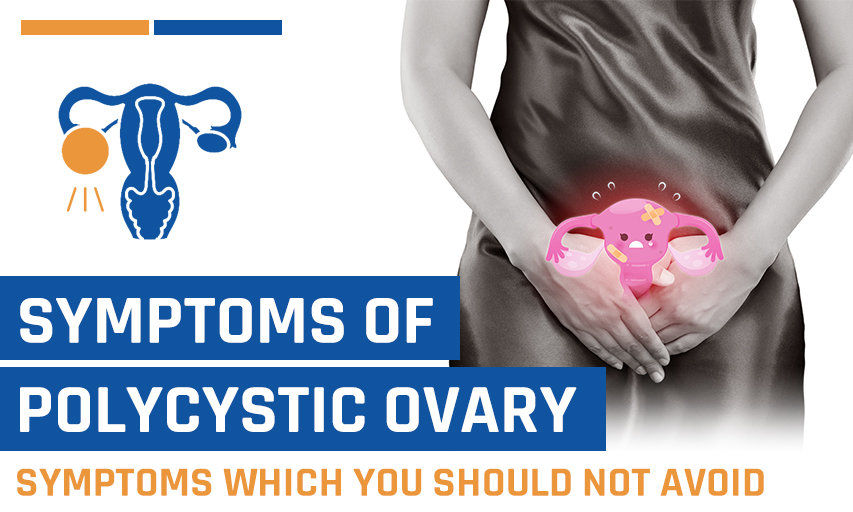


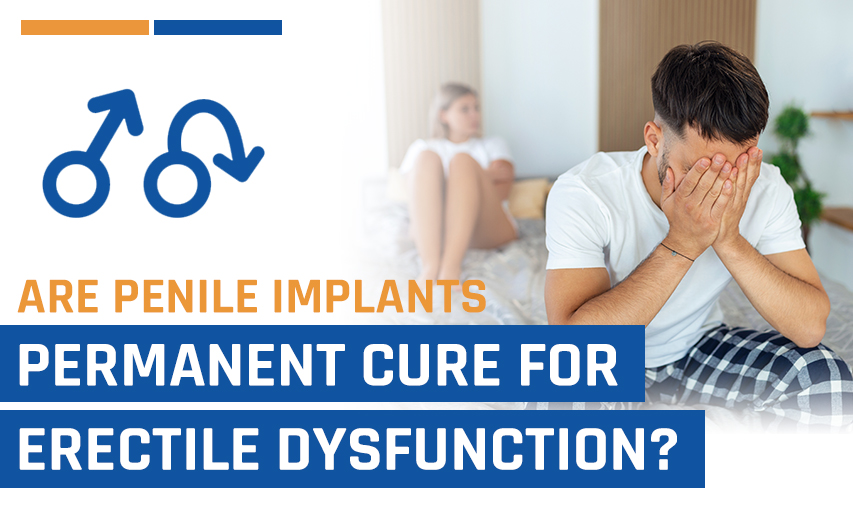
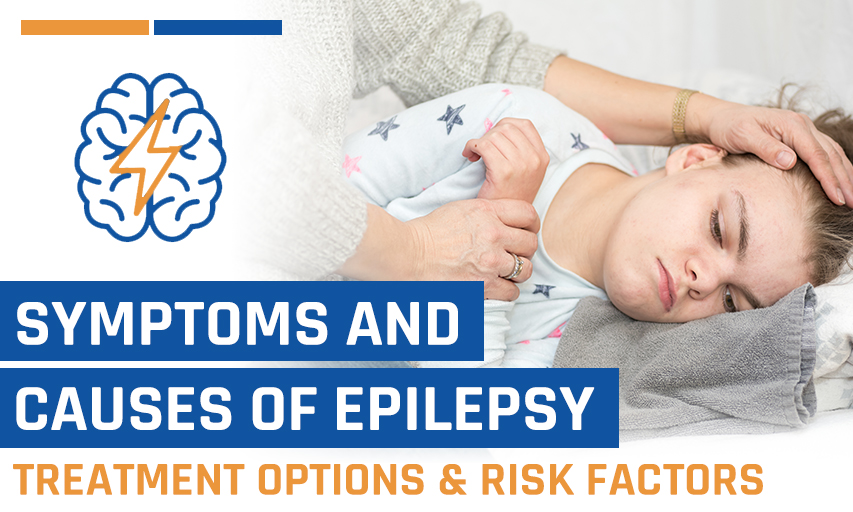
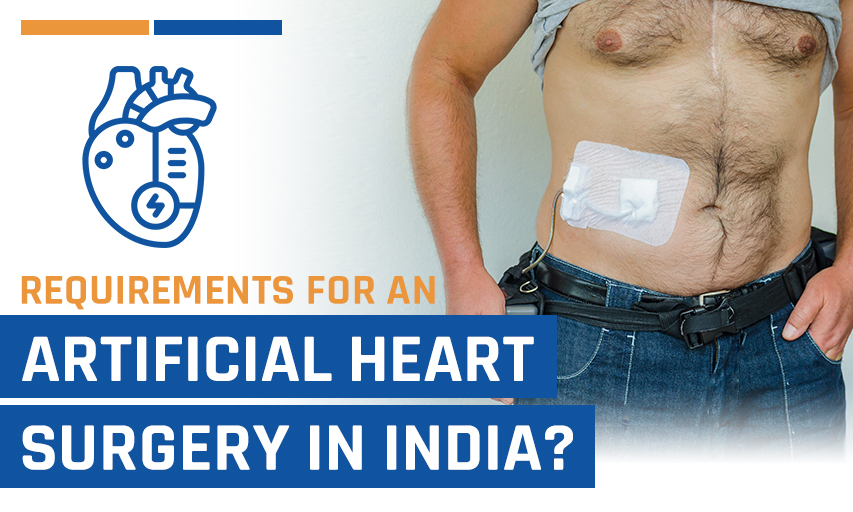
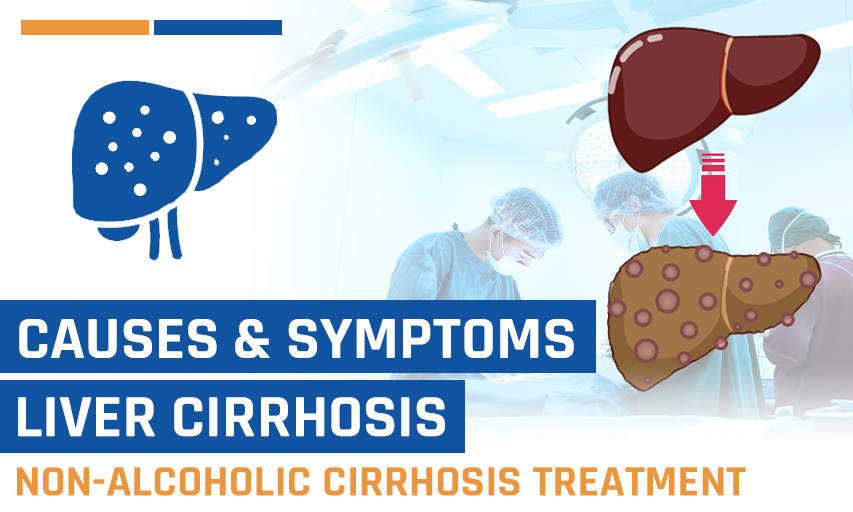



Be First To Comment
Leave a Comment